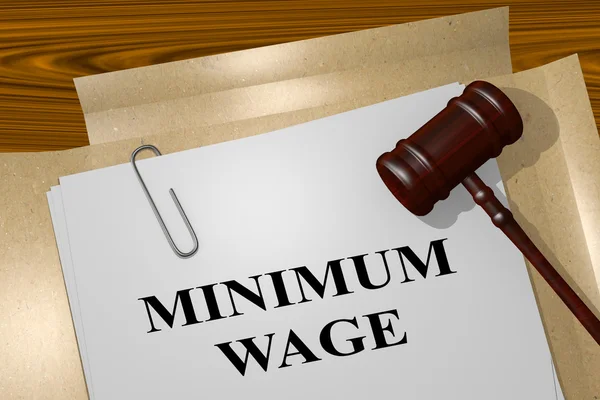The Fair Labor Standards Act (FLSA) is a federal law that establishes minimum wage, overtime pay, recordkeeping, and child labor standards for employees in the private and public sectors. The FLSA was enacted in 1938 to protect workers from unfair labor practices and to provide a minimum standard of living for employees and their families.
Minimum Wage

The FLSA requires employers to pay their employees a minimum wage of $7.25 per hour. Some states have higher minimum wage rates, and in those cases, the higher rate applies. The minimum wage applies to all employees, including full-time, part-time, and temporary workers. Certain employees, such as tipped employees and workers with disabilities, may be paid a lower minimum wage rate, but their total compensation must still meet the federal minimum wage requirement.
Overtime Pay
The FLSA requires employers to pay their employees overtime pay for any hours worked over 40 hours in a workweek. Overtime pay must be at least one and a half times the employee’s regular rate of pay. Some employees are exempt from the overtime pay requirement, such as salaried employees who perform certain job duties and earn a minimum salary amount.
Recordkeeping
The FLSA requires employers to keep accurate records of their employees’ hours worked and wages earned. These records must be kept for at least three years and should include the employee’s name, address, date of birth (if under 19), occupation, hours worked each day and week, and total wages earned each pay period. Failure to keep accurate records can result in penalties and fines.
Child Labor
The FLSA also regulates the employment of minors under the age of 18. The law limits the hours that minors can work and prohibits them from working in hazardous occupations, such as mining and operating heavy machinery. Minors under the age of 16 are also subject to additional restrictions on the types of jobs they can perform and the hours they can work.
Enforcement

The Wage and Hour Division of the U.S. Department of Labor is responsible for enforcing the FLSA. Employers who violate the FLSA may be subject to penalties, fines, and back pay and may be required to change their employment practices to comply with the law.
The Fair Labor Standards Act is an important law that protects the rights of workers and establishes minimum wage and overtime pay standards. Employers must comply with the FLSA’s requirements or face penalties and fines. If you believe that your employer has violated the FLSA, you should contact an employment law attorney for advice and representation.


Comments are closed.